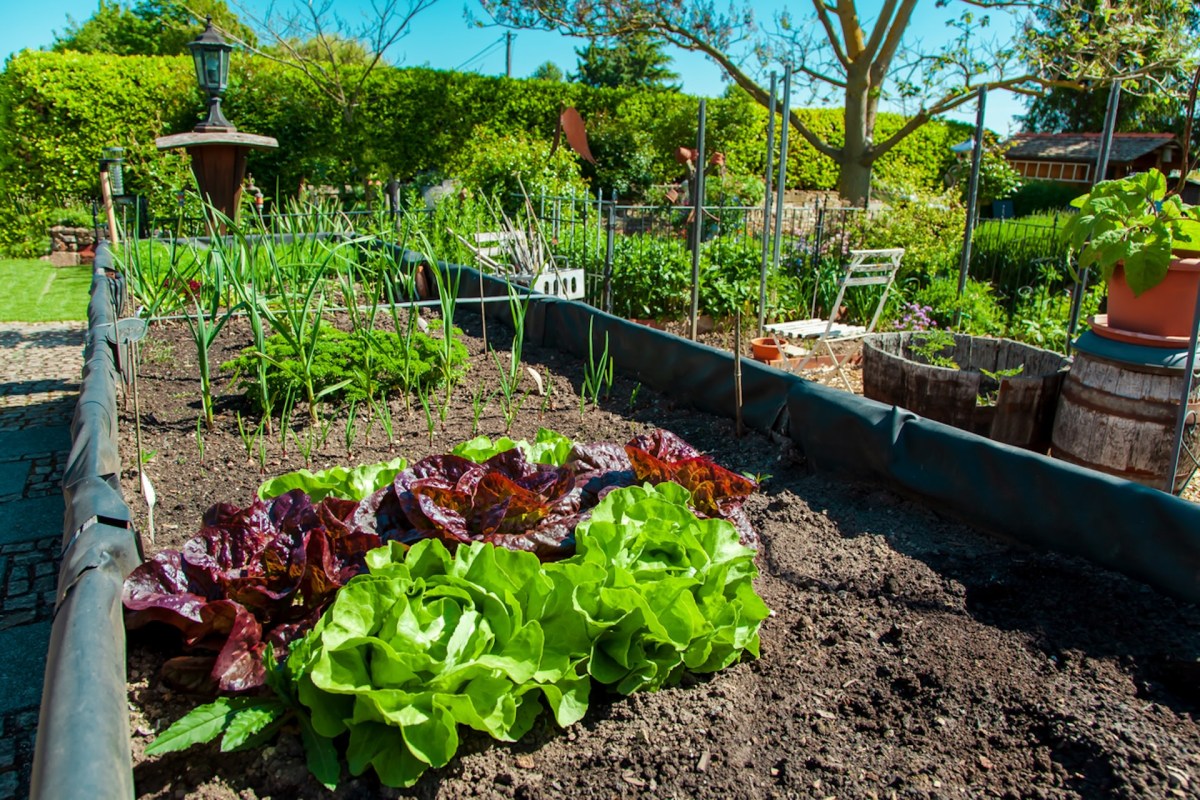A Redditor who asked a seemingly simple question was met with stark warnings.
The poster wondered whether they could deploy a certain product to help ward off encroaching turf in their garden.
"Just wondering if anyone has used landscape fabric under a raised bed and if it worked fine or caused any problems," they wrote. "I have pretty gnarly Bermuda grass that has invaded another raised bed despite my best efforts and I am trying to avoid that situation again."
One commenter said it would be a "terrible" mistake.
"Eventually the weeds and grass grow through it and get tangled in the cloth when you try to pull them out," they continued. "I prefer to put down a layer of cardboard and then newspaper on top of the cardboard then you top it off with whatever type of mulch you want. This really helps cut down on the weeds and it will just biodegrade. In the spring, I add more to areas that look like they might need a refresh."
Someone else who voted "don't do it" wrote: "Landscape fabrics are petroleum products. They break down and release who knows what into your food soil."
Another response included "Nothing except maybe cardboard goes under a raised bed."
And a user who had tried the same tactic advised: "It helps for about a year. But now there's plenty of Bermuda grass coming into my beds despite the landscaping fabric. That stuff is relentless!"
Landscape fabric is essentially a marketing ploy. It does not kill or keep out weeds, as those who have witnessed menace-managing maintenance can confirm.
But you don't have to turn to chemical herbicides to control weeds, either.
As one of the above commenters alluded to, you can kill weeds or grass with vinegar- or salt-based solutions.
"Don't use near anything you don't want to kill!" they warned.
Boiling water, baking soda, mulch, and other options are also effective and maintain clean and toxin-free environments.
In this instance, the grass invader was close to or perhaps even in the raised beds, so the suggestions to use cardboard were best. As long as you don't go with glossy cardboard, it will break down and add organic matter to the soil. Worms will love it, and other wildlife could come calling, too.
Whether your garden is full of homegrown food or a beautiful oasis that boosts your health, you can encourage pollinators to visit by planting flowering native species. And the more options you provide for local fauna, the more you can increase biodiversity.
Join our free newsletter for easy tips to save more, waste less, and help yourself while helping the planet.









